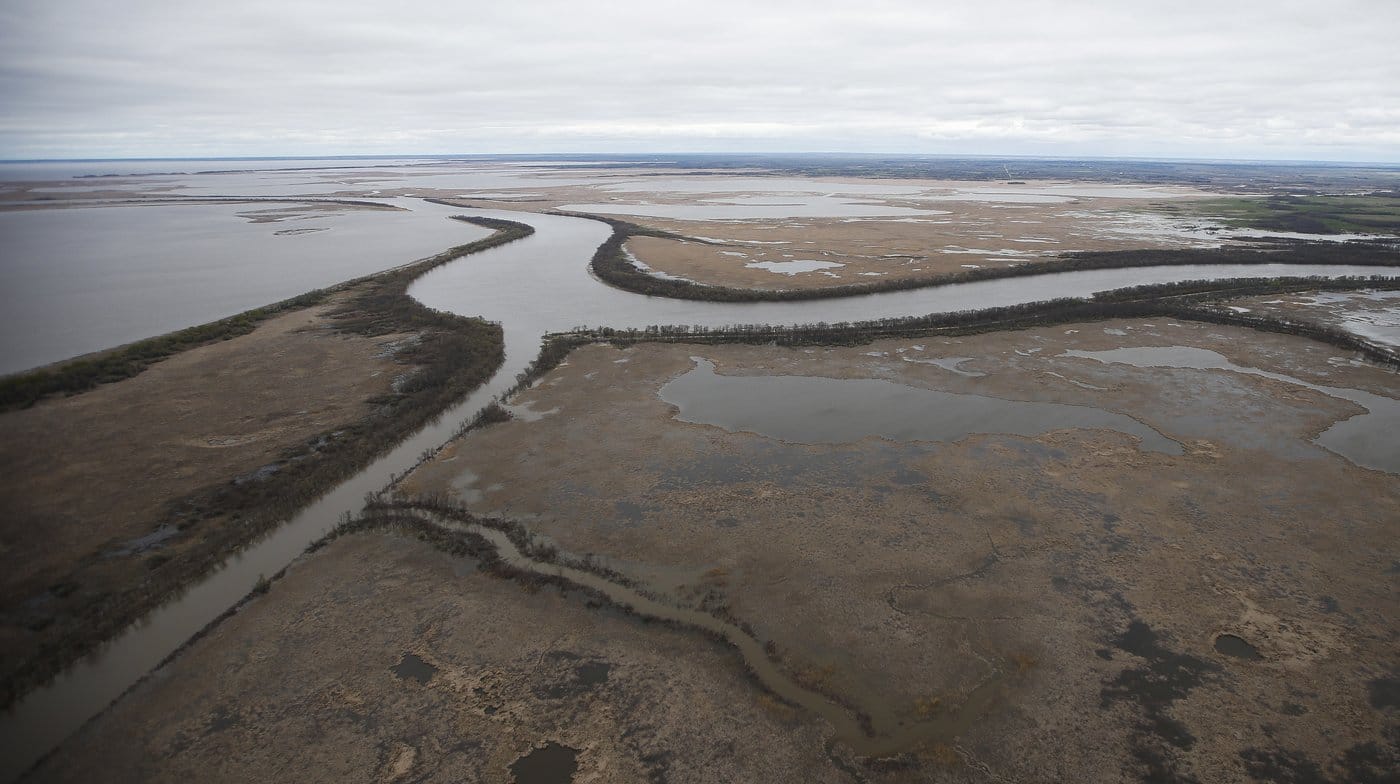Manitoba chiefs' lawsuit demands that Lake Winnipeg be recognised as a person under law
The lawsuit argues that Lake Winnipeg, one of the largest lakes in the world, possesses a spirit, is alive, and is currently suffering.

A Manitoba court is being asked to recognize Lake Winnipeg as a person with Constitutional rights to life, liberty, and security of person.
This request is part of a lawsuit filed by the Southern Chiefs Organization, which aims to compel the government to conduct public hearings on Manitoba Hydro’s license renewal for regulating the lake’s waters used in power generation.
The lawsuit argues that Lake Winnipeg, one of the largest lakes in the world, possesses a spirit, is alive, and is currently suffering.
It points to declines in fish, wildlife, and vegetation, along with issues related to algae, E. coli bacteria, and invasive species.
The lawsuit attributes these problems to Manitoba Hydro’s manipulation of water levels, which disrupts natural flows and inhibits the lake’s ability to cleanse itself.
No statements of defense have been submitted.
This lawsuit represents the latest effort to grant rights to natural bodies.
The Innu First Nation in Quebec has recognized personhood for the Magpie River, and Alberta’s Athabasca Chipewyan First Nation has pursued similar recognition for the Athabasca River.
However, neither claim has been tested in court.





